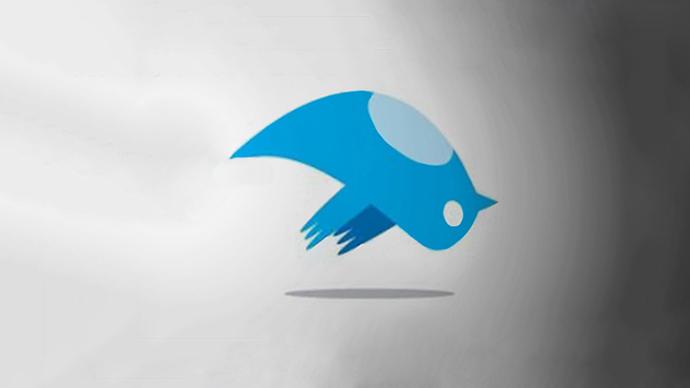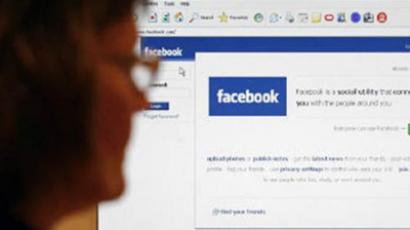Ghost writer: New app to keep you tweeting after death

A new application will soon allow users to keep posting Twitter updates from beyond the grave, independently using intricate knowledge of your online character to create a virtual continuation of your personality after you die.
“When your heart stops beating, you'll keep tweeting,” says the new application’s tagline.
‘LivesOn’ will let users pursue ‘life after death’ on their social media profiles, letting the deceased communicate with loved ones. LivesOn will keep posting after you kick the bucket, following the example of the DeadSocial platform.
Due to be launched in March, the LivesOn application will keep tweeting after you pass on. The service will utilize advanced analysis of your main Twitter feed, to carefully select appropriate subjects, likes, or articles that would have been likely to interest you, posting them on your behalf for your friends to read.
Pre-existing applications so far have only allowed users to schedule prepared updates.
Users of LivesOn can even nominate an ‘executor’ to their LivesOn will, who will decide whether to keep the account ‘live’.
A similar application was recently seen in a UK television program named Black Mirror, which showed a bereaved woman speaking to a virtually-constructed version of her deceased husband, which was built from his previous online communications, despite him not having laid any plans to maintain social media communications after his death.
The application is cut from the same cloth as one launched last April, named DeadSocial, and another Israeli application which was launched in January 2102, named If I Die. However, whereas LivesOn will base its postings on pre-existing models of your behavior, these currently-active applications allow their deceased users to send messages from beyond the grave to private Facebook, Twitter and LinkedIn accounts
If I Die posts a message to the wall of the deceased after confirmation of your death from three friends, and DeadSocial can be scheduled to post a variety of bulletins and updates for long after your death.
On its Facebook page, DeadSocial states that its mission is “to live forever.”
A user chooses a “super administrator,” or someone who can access their DeadSocial account after they cease to be. This administrator can ‘untick’ the account to indicate you've died, but won’t be able to change the pre-prepared messages, which will then be sent out according to plan.
Despite the LivesOn application raising some serious philosophical, moral and ethical questions, the developers find the controversy over a computer-generated ghost interesting.
Remembering anniversaries, sending birthday wishes, or reminding loved ones of how much you care may not be the only use to which it is put. ‘I told you I was ill’ messages, inappropriate jokes, or recorded video messages lightheartedly threatening hauntings could be scheduled to appear on your page.
“It offends some, and delights others. Imagine if people started to see it as a legitimate but small way to live on. Cryogenics costs a fortune; this is free and I'd bet it will work better than a frozen head,” Dave Bedwood, creative partner of the app’s developers told the Guardian.
Following the launch of DeadSocial, a similar controversy erupted.
“I think memorializing is a good thing…but I can't see why/how this sort of service would be remotely beneficial. Coming to terms with loss is to accept that once a person has gone, they have gone for good. Who would benefit from this?” Naomi Laver, a psycho-therapeutic counselor, asked the Wall Street Journal.
The potential harm this app could cause may far outweigh its advantages, negatively impacting the bereavement process and not allowing an individual to cope properly. Additionally, it may be open to abuse.
“What do we do if someone uses this new extension of time in a way that torments or stalks its receivers?” questioned Pamela Rutledge, director of the Media Psychology Research Center in Massachusetts. “Death is the ultimate lack of accountability.”
She goes on to question the social media applications’ potential roles in the bereavement process, and whether it would have a positive or negative impact. The terminally ill could even use it to communicate messages to their young children, replacing the traditional letters, videotapes, or DVDs.
The launching of the LivesOn application will shortly follow the recent controversy over the US defense giant Raytheon, which developed software that can predict where a person will be, and their future behavior. The Rapid Information Overlay Technology software creates a ‘timetable’ of sorts, mapping regular journeys and movements.














